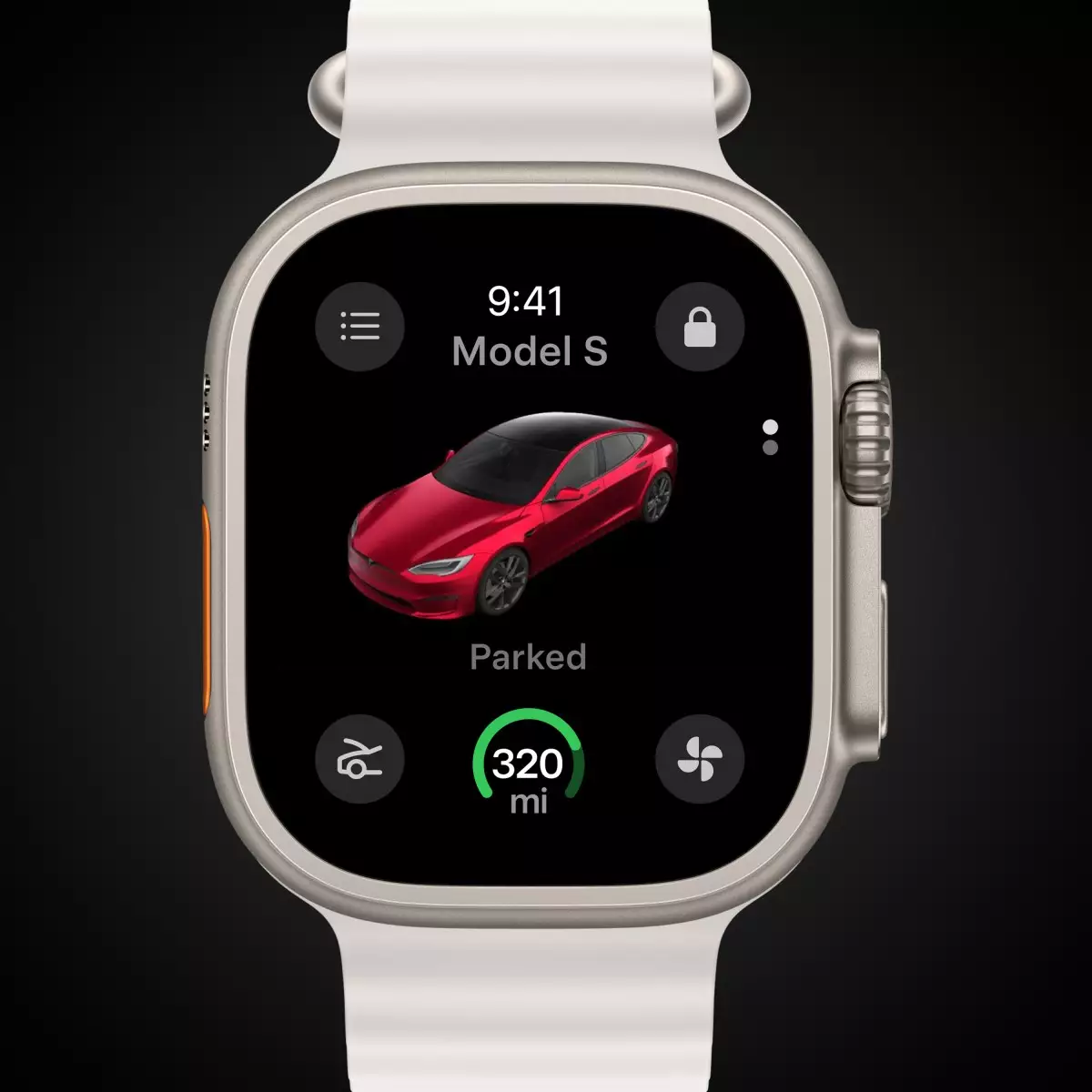The landscape for major U.S. tech companies is shifting dramatically as President Trump’s tariffs levied on Chinese imports create ripples of uncertainty in the market. Analysts predict a potential crisis, particularly for heavyweights like Apple and Tesla, that hinge their operations on international production. Dan Ives of Wedbush Securities has been vocal about the impending doom these tariffs spell for companies heavily reliant on China for manufacturing. With Apple producing 90% of its iPhones in that region, the implications are severe; Ives likens the impact to an “economic Armageddon” for the tech titan.
The reduction of Apple’s price target to $250 from $325—an astounding cut of $75—reflects the gravity of the situation. Investors should be particularly apprehensive as Apple’s shares delve deeper into the red, marked by a 4.3% decrease at just $180 per share. This turmoil not only shakes investor confidence but also casts a long shadow on future product releases and innovations. The broader question emerges: Can Apple pivot effectively in the face of such adversity?
Tesla’s Uphill Battle: Beyond Tariffs
Adding to the tension is Tesla’s predicament under the influence of both tariffs and CEO Elon Musk’s politically charged image. Ives has reduced Tesla’s target price significantly from $550 to $315 while noting that external political optics are just as detrimental as trade barriers. The carmaker finds itself in a precarious spot as it grapples with public sentiment exacerbated by Musk’s association with controversial policies.
Moreover, with Tesla retreating nearly 10% since the last trading session, there’s a growing fear that the brand could lose its luster in significant markets like China, where consumers may increasingly lean toward domestic alternatives such as BYD. The sheer image of Tesla has transformed into a “political symbol” globally, raising critical questions about corporate responsibility and the interplay between politics and commerce. Ives’s call for Musk to demonstrate leadership in these turbulent times highlights a disconnect that may negatively impact sales in both the U.S. and Europe.
The Need for Strategic Repositioning
As these industry leaders navigate through treacherous waters, the need for strategic repositioning becomes critical. For Apple, diversifying manufacturing in response to geopolitical strains could be a necessary endeavor, one that doesn’t just protect profit margins but also safeguards their reputation as an innovator. They must act swiftly to mitigate risks surrounding supply chain disruptions and shifting regulatory landscapes.
In parallel, Tesla must reassess its branding and public image amidst a changing political climate. With consumer loyalty increasingly influenced by corporate values, the necessity for a sound strategy that resonates with a diverse demographic has never been more urgent. The challenges that lie ahead for both Apple and Tesla are multifaceted, but they present pivotal opportunities for growth and redefinition if these giants adapt their strategies in the face of adversity.
Ultimately, the intertwining of commerce and politics is more pronounced than ever, inviting tech leaders to navigate carefully to retain both market share and consumer trust. As they confront these challenges head-on, the future of these iconic brands hangs in a precarious balance.

